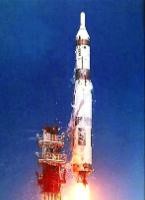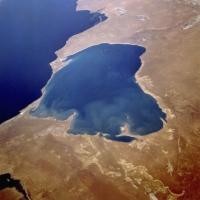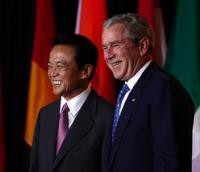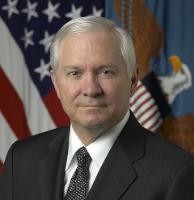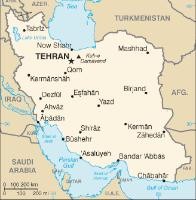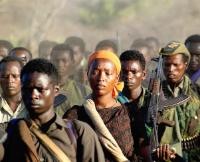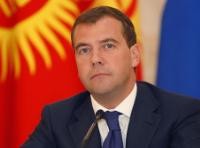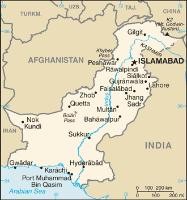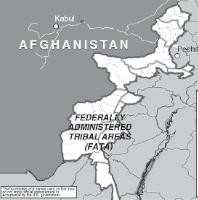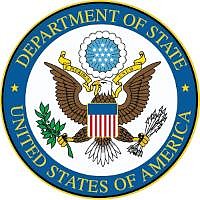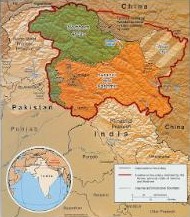
Most of the early analysis of President George W. Bush’s Latin American legacy concentrates on his failure to engage the region despite early promises to “look south.” But the emphasis on the outgoing administration’s general neglect of Latin America has diverted attention from the strong alliance that has developed between the United States and Colombia. That alliance is based largely on Plan Colombia, an initiative signed in the late 1990s by former Presidents Bill Clinton and Andrés Pastrana to combat drug production and trafficking and the criminal organizations that control supply, as well as to stem the flow of illegal […]

